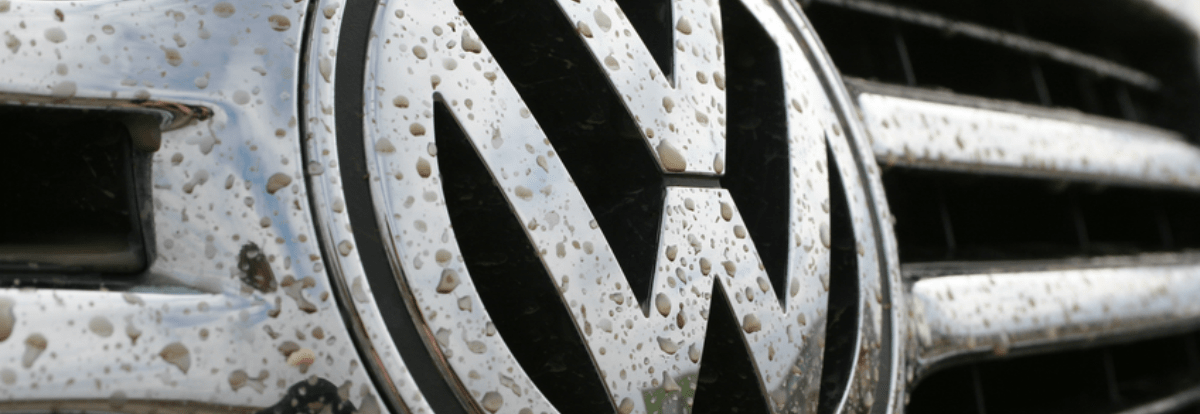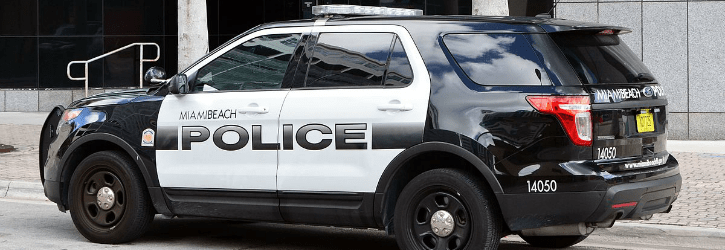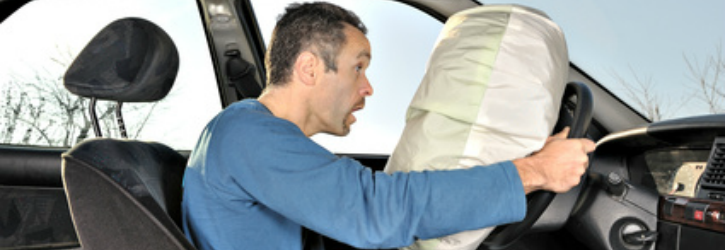Category: Automotive

Volkswagen issue warnings not to use rear seats over seatbelt buckle design flaw
Volkswagen has issued warnings not to use rear seats over a seatbelt buckle design flaw that can lead to seatbelt buckles coming open when vehicles change lanes at high-speeds.
Independent testing of three models – the Volkswagen Polo, SEAT Arona and SEAT Ibiza – identified the problem that has led to the German automotive giant finding themselves in yet another costly crisis as they continue to pay billions of pounds over their 2015 “dieselgate” scandal that our Group Acton Lawyers are fighting for justice for.
This latest problem is one in a long line of scandals and crises VW has been facing in recent years.

Will the Volkswagen class action change the way the UK handles Group Litigation?
Will the Volkswagen class action change the way the UK handles Group Litigation Order cases? We have never had a class action of this kind of scale and nature in the UK before, and whilst our American cousins are used to dealing with class actions involving millions of people, the UK, typically, is not.
The UK Volkswagen compensation case could include more than 2 million potential claimants. That is monumental in any scope of class actions here in the UK, and this action may set some important precedents for the future.
In some ways, we hope this may be a catalyst for change.
Continue Reading…

Fiat Chrysler Jeep explosion sees campaigners ask for fuel tank recall to be re-investigated
In August 2017, a woman was killed when her Jeep SUV’s fuel tank combusted after she was rear-ended. The incident has raised further concerns that the 2013 recall over the Jeep’s fuel tank was not enough to protect motorists.
The victim’s 2007 Jeep was one of the 1.56 million sport utility vehicles that Fiat Chrysler agreed to install trailer hitches on to protect the fuel tanks. More than five years ago, Chrysler Group recalled 2.7 million sport-utility cars after the vulnerability was linked to the deaths of 51 people after crashes ignited fuel.
Continue Reading…

Regulators say Tesla Autopilot to take partial blame for fatal 2016 crash
Investigators have suggested that Tesla’s auto-driving system is to take some of the blame for a fatal 2016 crash. They have recommended that the ‘Tesla Autopilot’ system be declared as a contributing factor in the tragic incident because it allowed the driver to go for long periods of time without looking at the road or taking control with the steering.
This news may serve as a stumbling block with the U.K. set to allow for autonomous vehicles to be on the roads in the next few years. Are they safe? What are the dangers? Who is liable if things go wrong? These are questions that need answering before such technology is allowed on our very busy roads.
Continue Reading…

Investigation into Fiat Chrysler over rollaway crashes
Regulators have been conducting an investigation into Fiat Chrysler after receiving complaints of some of their vehicles reportedly rolling away when the driver exited the car.
Some one million Fiat Chrysler Ram 15000 pickup trucks and Dodge Durango vehicles are affected by what is believed to be a defective rotary shifter. In a bit to add a new dimension to cars (and to free space for more/larger cup holders and storage areas), Fiat Chrysler moved away from traditional mechanical gear-shifts in favour of smaller electronic versions.
However, some customers have reportedly found it difficult to use the new feature, with many suspected to not even be aware of how to use it as intended.
Continue Reading…
Takata files for bankruptcy as it buckles under pressure of numerous lawsuits
The motor industry was shaken by revelations of Takata’s dangerous airbags that have the potential to explode and shoot shards of metal into the cabin of a car. As one of the world’s largest producers of airbags, its inflatable devices are used in vehicles made by Honda, Mazda, Toyota, Subaru and BMW.
After at least 17 deaths reportedly linked to Takata airbags, and further reports of injuries caused as well, automakers have been forced to recall millions of cars and are looking to recover the costs of recalls and lawsuits from Takata.
Continue Reading…

Regulators expand investigations into Ford Explorer SUVs over concerns of carbon monoxide leaking
Regulators are investigating Ford Explorer SUVs that may be leaking harmful carbon monoxide from their exhaust systems.
The popular and reputable models are commonly used by U.S police forces, and earlier this year between March and July, six police officers were reportedly taken to hospital to be treated for carbon monoxide poisoning.
Five officers required treatment but were not kept overnight, and the first police officer who was admitted for carbon monoxide poisoning in March was reportedly placed on medical leave for around a month.
Continue Reading…

Defective Takata airbag may reportedly be involved in traffic fatality
We’ve been covering the Takata airbag scandal for some time now, and news has emerged of another potential fatality that may be directly linked to the defective airbags.
A woman reportedly died from injuries sustained in a car collision in July this year, which involved a Honda Accord 2002 said to be fitted with the recalled Takata airbags. In the incident, another vehicle failed to yield right of way and collided with the victim, and although authorities have yet to confirm whether or not the cause of death is linked to an exploding Takata air bag inflater, it has not been ruled out.
Continue Reading…

Britax recalls over 207,000 infant car seats due to a choking risk
Manufacturer of car seats and strollers, Britax, are reportedly recalling a number of their infant car seats as the chest clip between the safety straps may be a choking hazard.
Affected models of infant car seats include the B-Safe 25, BOB B-Safe 35; and the 35 Elite.
It’s thought that the recall is limited to models manufactured between 1st November 2015 and 31st May 2017, and it’s thought to be a pre-emptive one as no injuries have been reported so far.
Continue Reading…

German financial authorities to investigate major car makers over suspected cartel
The Federal Financial Supervisory Authority (BaFin) for Germany has confirmed with German newspaper, Handelsblatt, that they will indeed be “examining whether VW and Daimler respected their duty to inform markets following their allegedly reporting themselves to the authorities” of alleged wrongdoing.
On top of that, Volkswagen and Daimler have reportedly admitted to colluding amongst themselves and other carmakers to discuss sensitive business topics. In exchanging such information and advice, the car makers may be guilty of creating a cartel, which is prohibited in EU law as they can be harmful to the market and its consumers.
Continue Reading…